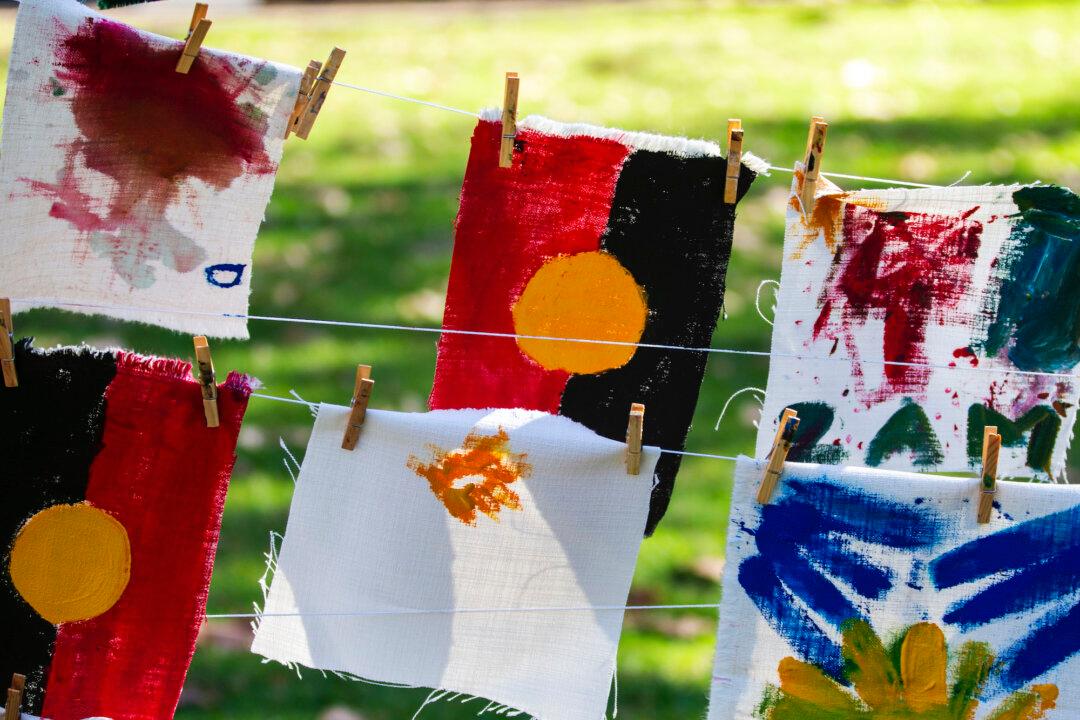Indigenous children in Australia, particularly in remote and regional areas, are more likely to be behind non-Indigenous children when they begin their education.
This is why the federal government announced on Aug. 4 its investment of more than $120 million to expand existing early learning services and trial a new “explicit teaching” early learning model.





